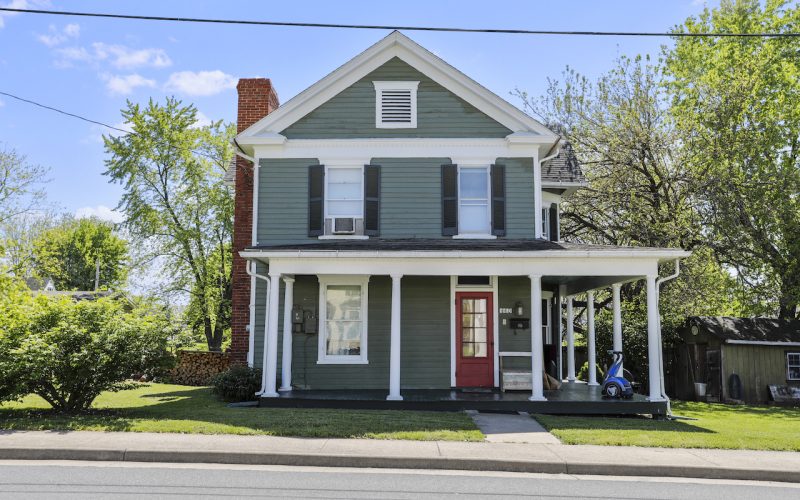In a stunning prediction that sent shockwaves through the real estate industry, Goldman Sachs analysts have forecasted that housing starts in 2024 will plummet to levels not seen since the early 1990s. This sobering revelation raises concerns about the health of the U.S. housing market and its potential implications for the broader economy.
Key Takeaways:
- Goldman Sachs predicts that housing starts in 2024 will reach their lowest levels since the early 1990s.
- The early 1990s saw a housing crisis marked by a significant slowdown in new construction due to economic challenges.
- Analysts point to rising construction costs, supply chain disruptions, and affordability issues as factors contributing to this impending crisis.
- Potential consequences include decreased economic growth, housing shortages, and increased pressure on rental markets.
The Historical Parallels:
The early 1990s were marred by a severe housing crisis, marked by a recession, job losses, and a collapse in the real estate market. Housing starts, a key economic indicator, plummeted to historic lows during this period. Now, nearly three decades later, Goldman Sachs is warning that we may be on the brink of a similar scenario.
Causes of the Impending Crisis:

Several factors underpin Goldman Sachs’ bleak prediction. Firstly, the relentless rise in construction costs, driven by surging material prices and a shortage of skilled labor, is making it increasingly difficult for builders to initiate new projects. The disruptions in global supply chains, which have plagued industries worldwide, have further exacerbated these cost increases.
Moreover, the issue of affordability continues to haunt potential homebuyers. Skyrocketing prices have made it increasingly unattainable for many Americans to own a home. This, in turn, puts additional strain on the rental market, where demand continues to outstrip supply.
Economic and Social Implications:
The potential ramifications of this forecast are far-reaching. The construction industry, which has traditionally been a significant driver of economic growth, may slow down, with potential job losses in the sector. Furthermore, the shortage of affordable housing could lead to a housing crisis, leaving countless families struggling to find suitable accommodations.
The real estate market is inextricably linked to broader economic trends, and this ominous prediction could have far-reaching consequences. It might cast a shadow on economic growth, as housing has historically been a barometer for overall economic health.
Expert Opinions:
To better understand the gravity of this prediction, we reached out to leading economists and real estate experts. Dr. Sarah Williams, an economist specializing in housing markets, shared her insights: “The combination of rising construction costs and a lack of affordable housing options has created a precarious situation. If this trend continues, it could lead to severe consequences for the economy and society at large.”
Government Response:
In light of this unsettling forecast, experts are calling for proactive measures from policymakers to address these challenges. Affordable housing initiatives, incentives for construction companies, and measures to mitigate supply chain disruptions are all being suggested as potential remedies to this brewing crisis.
In conclusion, Goldman Sachs’ alarming prediction of housing starts reaching their lowest levels since the early 1990s raises important questions about the future of the U.S. housing market and its impact on the broader economy. It serves as a stark reminder that addressing the housing crisis is not only essential for the real estate industry but also for the overall well-being of American society. Whether the nation will heed this warning and take the necessary steps to avert a housing catastrophe remains to be seen, but time is of the essence.












